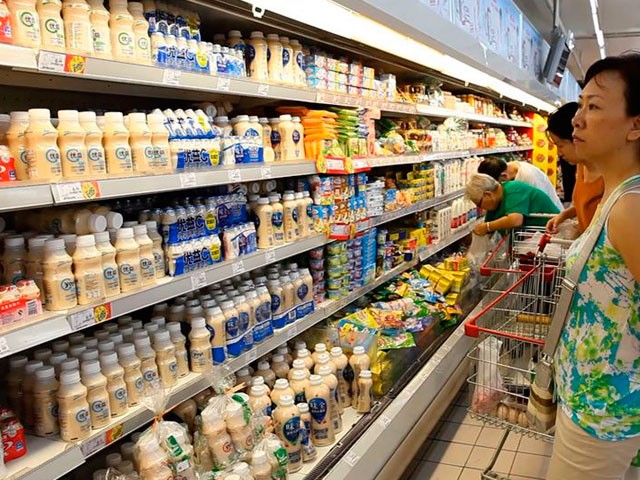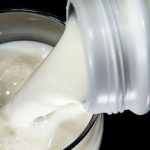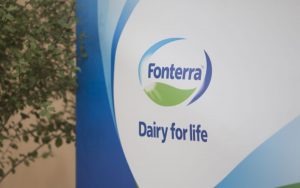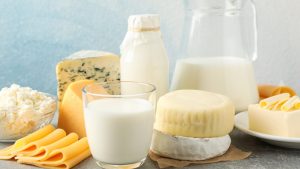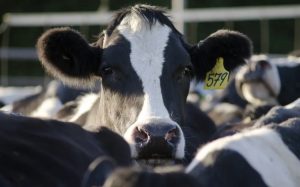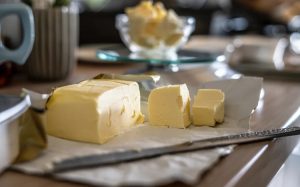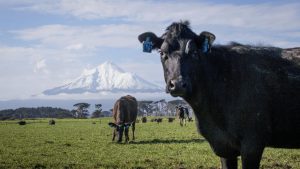
Was this increase expected?
No, definitely not. But the price increase was expected. The expectation was for the product mix to go up, but no one was expecting 15%.
Amy Castleton, senior dairy analyst at NZX, said this was definitely a higher result than anyone expected. Some analysts were forecasting an increase, but only 3 to 4 percent.
But along came China. Eighty-five percent of the purchases were from Chinese traders, now the only country that is offering those values, raising an orange alert about what is coming. In New Zealand they fear being tied to that one market, which is good when it is willing to pay this way, but we know that the Chinese are prone to want to drive the values of the products they need.
Are these prices here to stay?
It’s hard to say or deny, but there are patterns we need to follow closely. Last week we wrote that we could be facing a new commodity price super cycle.
In this context, milk has been increasing less than the other products that usually serve as a reference to know whether the price is up to date or behind. That had been happening, milk was increasing, but less than corn or soybeans. These numbers bring it closer.
To this data we must add the projections for the Chinese economy this year. It was one of the few economies that recorded economic growth in 2020 and an assumed Chinese economic growth of 8.1% is expected in 2021.
Today, producing milk in China is expensive, as a direct consequence of the costs of feeding cattle, so we must keep an eye on the evolution of soybean and corn prices to know what may happen.
Likewise, talking about a price super cycle is very premature, they must consolidate in time, which will lead us to the next question.
Will we be able to take advantage of these prices?
Not today. No company is exporting at these values, and it is very difficult for anyone to export above US$ 4,000 in the next few weeks, but if they are sustained over time we will surely see better values than those currently being paid for Argentine dairy products. Today the market is paying U$S 900 less than yesterday’s auction.
It will be very important that we follow closely what may happen with Brazil. Today our neighbor is having a production cost of milk powder around US$ 3,400, so some businessmen imagine that exporting is possible if these prices are sustained.
In addition, a “novo bono corona” has been launched in Brazil, which although it does not seem as important as last year’s bonus, it will surely serve to reactivate the domestic economy and boost consumption, which has suffered since December when social benefits ended.
